Table of Contents
The UGC has released the NET Philosophy Syllabus on its official website. Candidates preparing for the exam may be looking for the detailed syllabus to better understand the exam pattern and scope. The NET syllabus can be found in the official notification. Candidates with a background in Philosophy among the 85 listed subjects can also find the UGC NET Philosophy Syllabus for 2025. In this guide, we will explore the UGC NET Philosophy Syllabus 2025 in detail, highlighting important topics and sections to help you achieve better results.
UGC NET Philosophy Syllabus 2025
UGC NET Philosophy exam pattern will consist of 150 questions for 300 marks which will be done in 3 hrs. There will be 2 papers with no negative marking. Here let us understand the details of the UGC NET Philosophy Exam pattern 2025
| UGC NET Philosophy Exam Pattern 2025 | |
| Type of Questions | Multiple Choice Questions (MCQs) |
| Number of Papers |
|
| Total Marks | Paper 1 – 100, Paper 2- 200 |
| Number of Questions | Paper 1 – 50, Paper 2- 100 i.e. 150 questions in total |
| Time Duration | 3 hours |
| Negative Marking | No |
UGC NET Philosophy Paper 2 Marking Scheme
UGC NET Philosophy Examination will be going to done in 2 papers without any breaks. Candidates who are preparing for the UGC NET Philosophy Exam 2025 should know about the marking system of Paper 1 and Paper 2.
UGC NET Philosophy Exam question pattern will be Objective multiple questions to be completed in 3 hr. The following UGC NET Marking System for Paper 1 and Paper 2 will help candidates in getting marks.
- Right Answer Marking- 2 marks will be given for the correct answer
- Wrong Answer- No negative Marking for wrong answer
UGC NET Philosophy Minimum Qualifying Marks
NTA conducted the UGC NET 2025 exam twice a year all over India. UGC NET Philosophy Exam minimum qualifying marks have been given in the below table, category-wise. The candidate can check the details for UGC NET Philosophy minimum qualifying marks in the below table:
| Category | Qualifying Marks |
| General | 40% |
| OBC, SC, ST | 35% |
UGC NET Philosophy Syllabus Section Wise
The detailed section-wise important topic UGC NET Syllabus has been mentioned below:
| UGC NET Syllabus – Unit | UGC NET Syllabus – Important Topics |
| Unit – 1: Classical Indian: Epistemology and Metaphysics |
|
| Unit-2: Classical Western: Ancient, Medieval, and Modern |
|
| Unit – 3: Indian Ethics |
|
| Unit – 4: Western Ethics |
|
| Unit- 5: Contemporary Indian Philosophy |
|
| Unit-6: Recent Western Philosophy |
|
| Unit- 7: Social and Political Philosophy: Indian |
|
| Unit- 8: Social and Political Philosophy: Western |
|
| Unit- 9: Logic |
|
| Unit- 10: Applied Philosophy |
|
Download UGC NET Philosophy Paper Syllabus in Hindi and English
The direct link to download the UGC NET Philosophy Syllabus PDF in Hindi and English has been given below. Candidates can download the UGC NET Philosophy Syllabus in both languages. All the candidates can prepare with important topics and unit-wise detailed syllabi in the below PDFs. The link to download the UGC NET Philosophy Syllabus PDF is given below :
| UGC NET Philosophy Paper II Syllabus PDF in Hindi and English | |
| UGC NET Philosophy Paper II Syllabus PDF in English | UGC NET Philosophy Paper II Syllabus PDF in Hindi |
Preparation Strategy for UGC NET Philosophy Syllabus
As students are preparing for the UGC NET Philosophy Examination, here we are going to help candidates in exam preparation with preparation strategies and tips.
- All the appearing candidate have to Work on their weaker Sections with the fear of getting the wrong answer. Practice with daily quizzes on weaker topics.
- Always Analyze your section-wise Preparation to analyze their performance taking up mock tests or solving PYQ.
- Learn UGC NET Philosophy Paper 1 and 2 from Online classes And Available Study Material on ADDA247
- Start your preparation with a proper study plan with a subject-wise strategy
- Improve Accuracy and speed for each section so that you can give proper attention to the main subject.
| UGC NET Related Articles | |
| UGC NET Notification 2025 | UGC NET Application Form 2025 |
| UGC NET Previous Year Question Paper | |

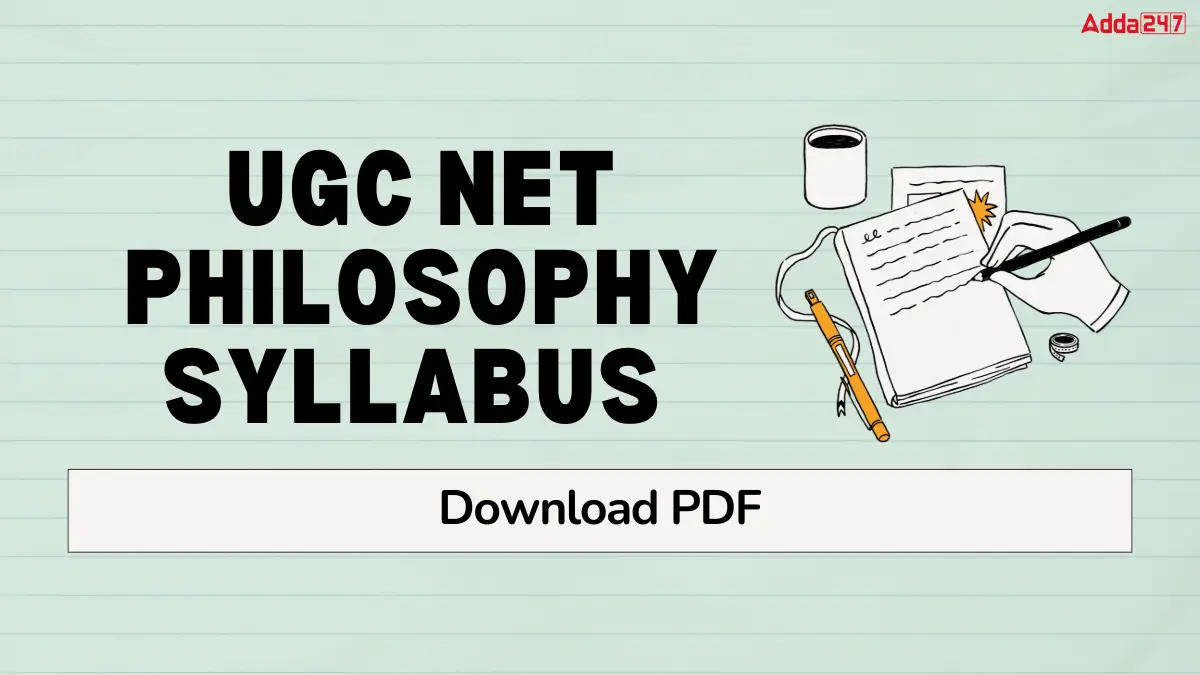
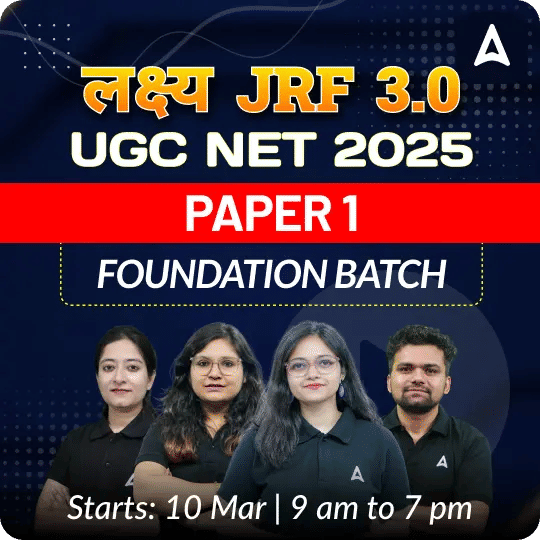

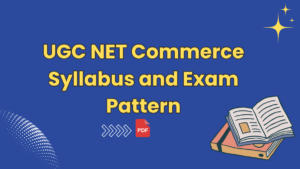 UGC NET Commerce Syllabus 2025 PDF Downl...
UGC NET Commerce Syllabus 2025 PDF Downl...
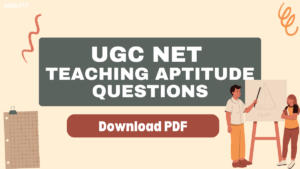 UGC NET Teaching Aptitude Questions Answ...
UGC NET Teaching Aptitude Questions Answ...
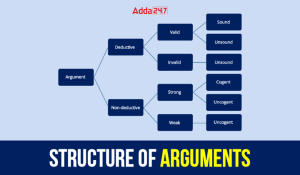 Structure of Arguments in Logical Reason...
Structure of Arguments in Logical Reason...




